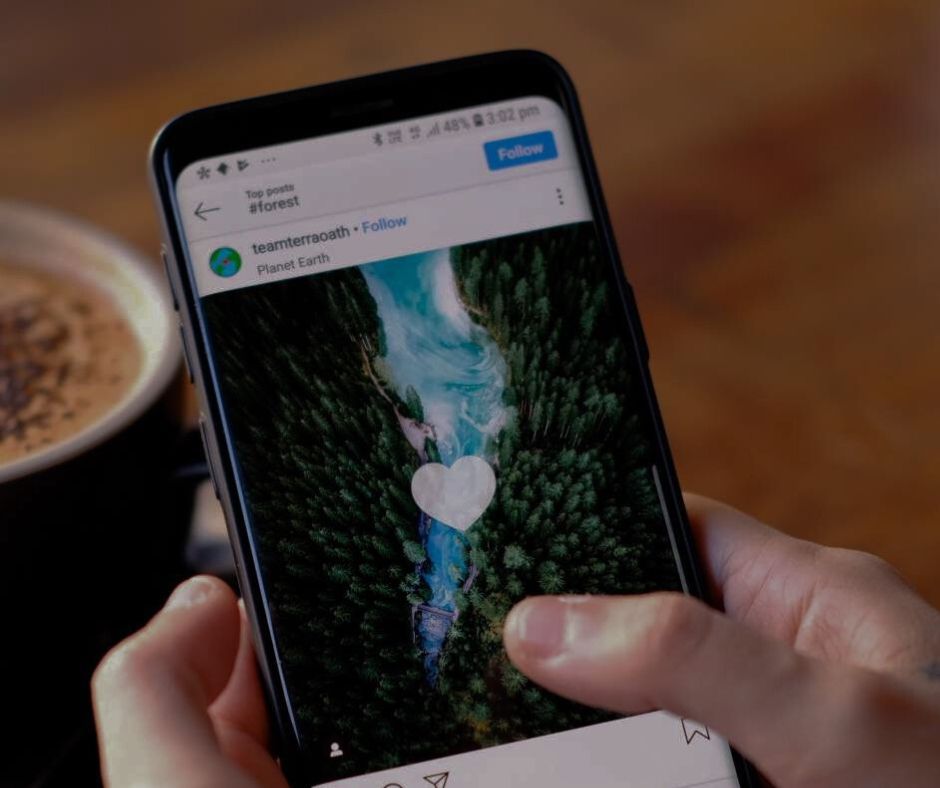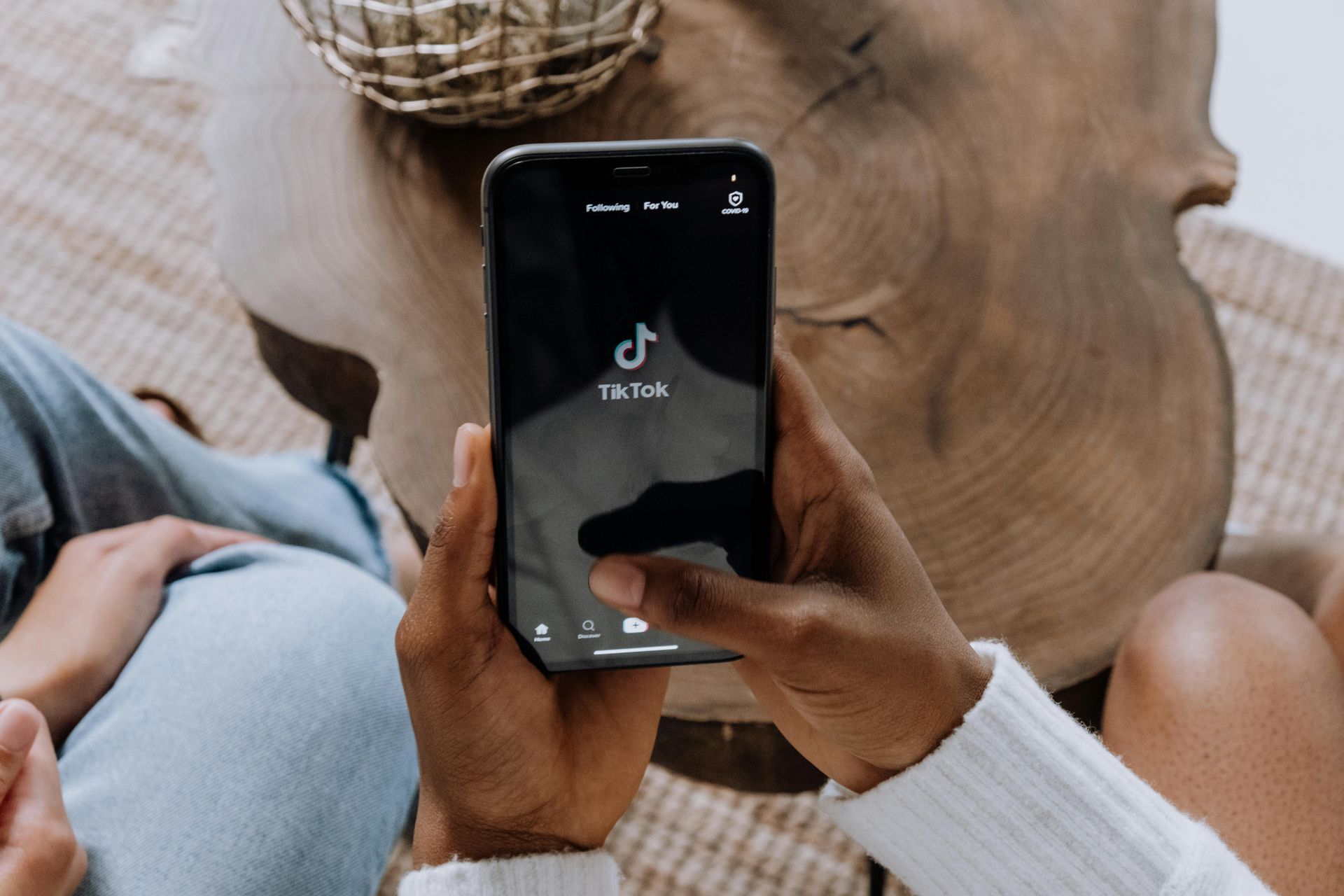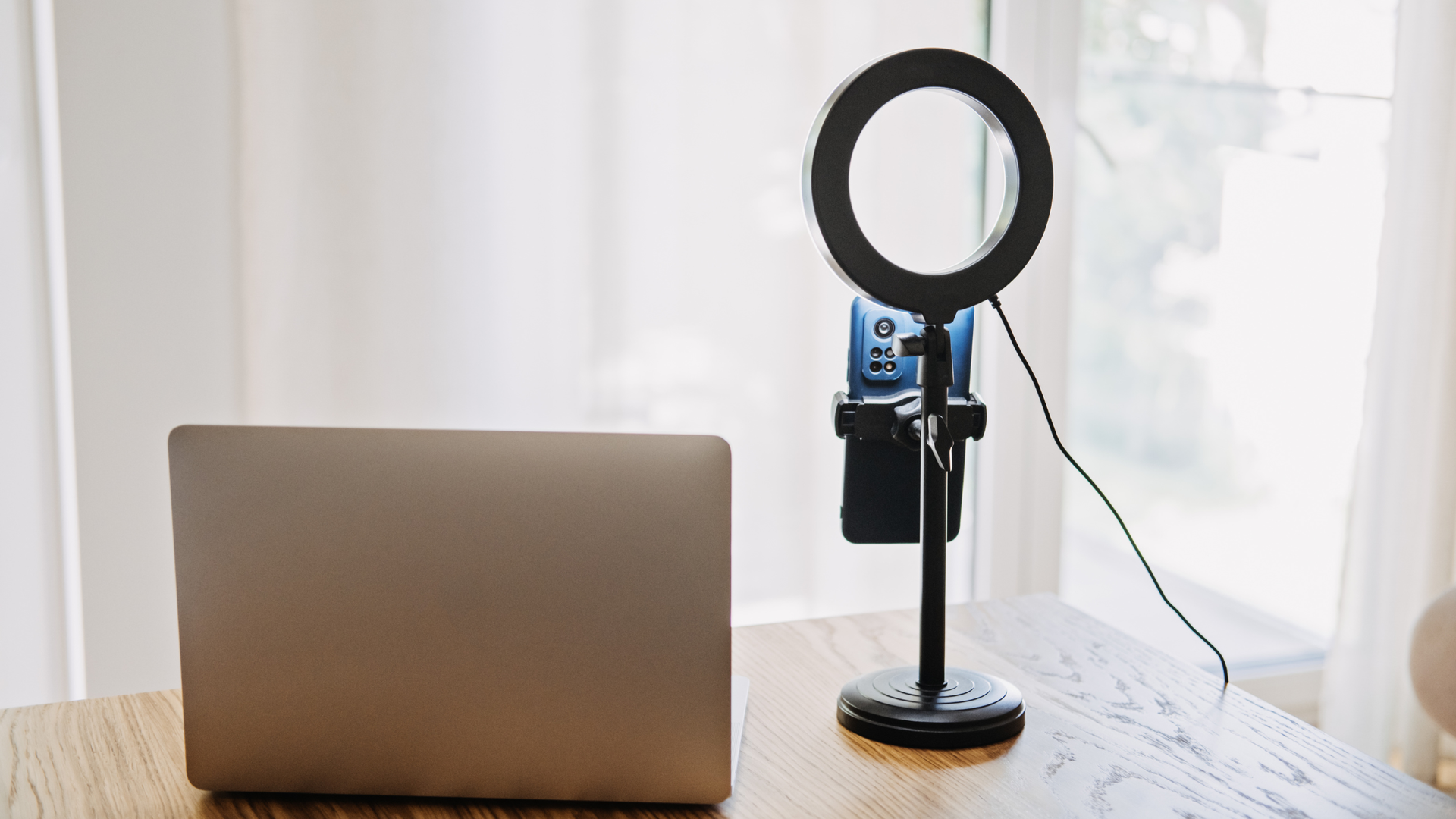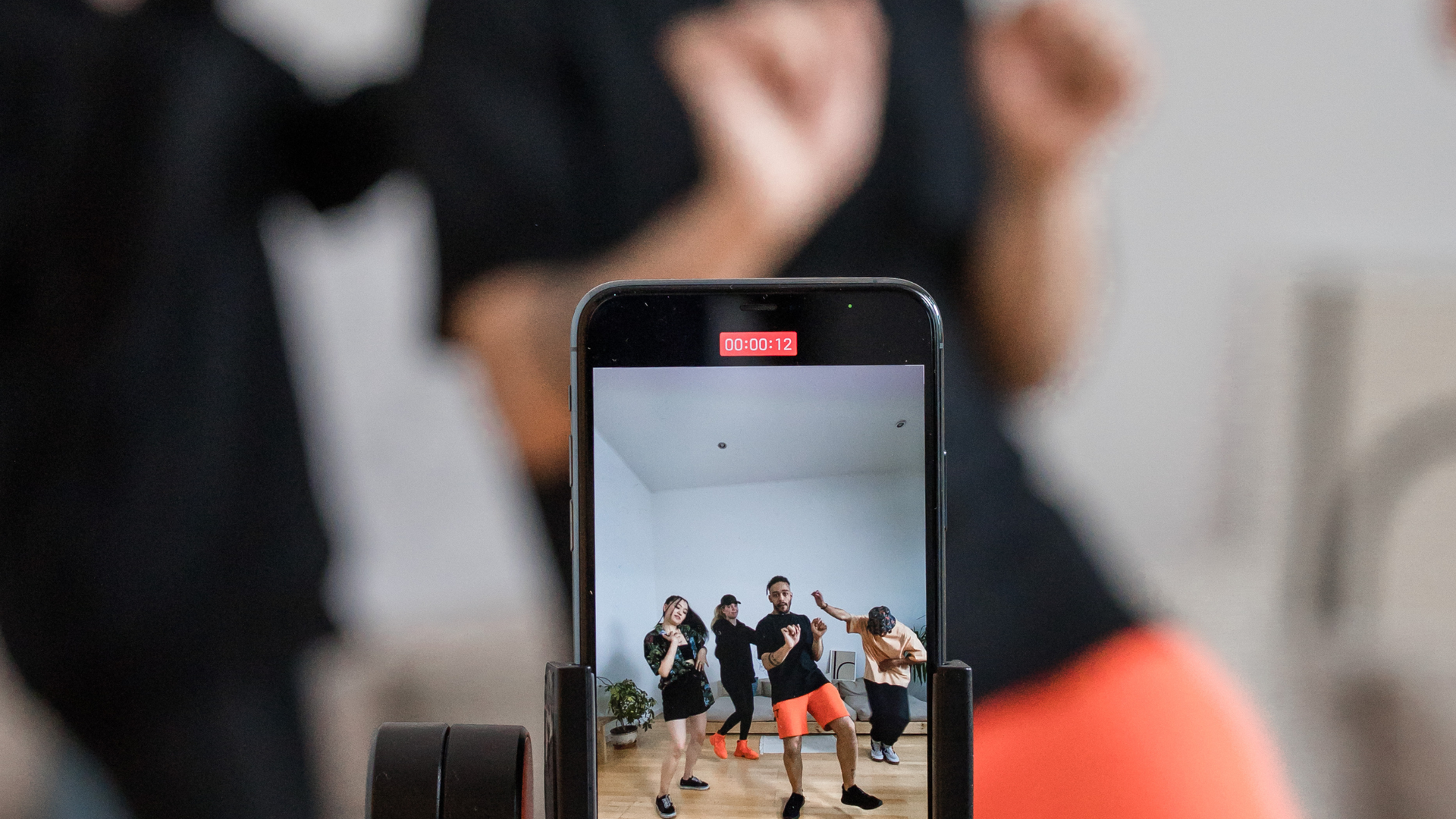How To Get On The First Page Of Google?
Are you looking for tips on how to get your website or web pages on the first page of Google search?
It's no secret that ranking high in google search results can bring more traffic, improve visibility, generate leads, and increase engagement and conversions to your website, so it's well worth the effort.
In this blog, we'll provide an overview of everything you need to know about getting your site onto the first page of Google search. We'll cover topics such as visitor experience, paying attention to long-tail keywords and building quality backlinks from reputable sites, and other essential aspects when pushing towards achieving top rankings in search engines.
Let's get right into it!

Master Long- Tail Keywords
One of the foremost steps to getting on the first page of Google is mastering long-tail keywords. Long-tail keywords are phrases that are more specific than generic keyword search terms, making it easier for searchers to find exactly what they're looking for.
The more popular the particular keyword search, the more relevance it has to your content and the more opportunities you have to earn first-page visibility in SERPs (Search Engine Results Pages).
This strategy of using long-tail keywords can be particularly successful for businesses that provide niche services as it helps those organisations appear in Google's search results. To ensure optimal results, research relevant long-tail keywords regularly and keep adding them to your content.
Improve the Visitor Experience of your website
Improving the visitor experience of your website is essential to getting on the first page of Google. To achieve this, you must update your content regularly, make it valuable and relevant, and use appropriate keywords throughout.
Optimising images on your website can also boost its ranking, as image search engine optimisation contributes to a higher ranking on Google. By improving your content's site speed, design and readability, you will create an optimal visitor experience that will lead to organic traffic and higher engagement from visitors – which Google values when determining search rankings.
Visitors must also have an easy way to navigate your site via laptop or mobile devices; be sure to create a simple sitemap of all pages so users can easily find what they are looking for.

Build Quality Backlinks
To get on the first page of Google, one of the most powerful strategies you can use is backlinks. Link building means creating links that direct users from other reputable websites to your own website.
Reaching out to authoritative sites and asking them to link to a feature article or blog post you have created is a great way to acquire these backlinks. This will help with SEO rankings and send more quality traffic to your website.
Keep An Eye On The Competition
To successfully boost your ranking on the first page of Google, it is crucial to evaluate what your local business competition is doing that may be helping them get there. Research their backlinks, keyword research, google ads, content length and topic.
Additionally, compare your website optimisation with theirs; look for ways to improve yours radically. Take note of the
marketing strategies that are working for those consistently getting more visibility, and use their methods as a guideline for your optimisation efforts.
First Page, Here We Come
These days, appearing on the first page of Google is essential if you want people to find your website—and potential customers to find your business.
By following the tips outlined above, you'll be well on your way to achieving that goal. If you need help accomplishing these tips, don't hesitate to
contact a
qualified marketing agency.

